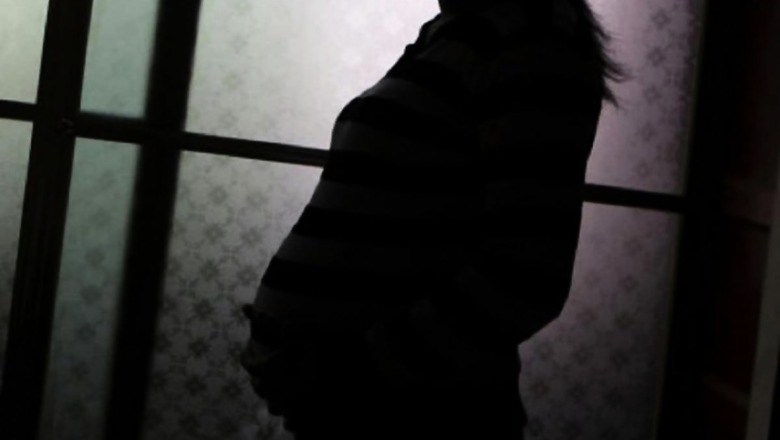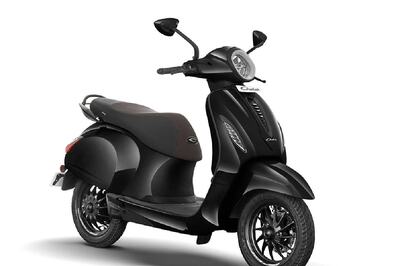
views
Every pregnant woman has a very different experience, but most of them can agree that some symptoms are experienced by a majority of them. Missing your period, the breasts feeling tender and feeling more tired than usual are all normal and, may we say, expected symptoms of pregnancy.
These are also the most common symptoms, ones which hint to women that they might be pregnant even before getting a pregnancy test done. But there’s clearly a lot more to a pregnancy than this, and it’s very likely that you’ll experience more symptoms which are unexpected and downright strange.
Most of these symptoms are also, thankfully, quite normal and have a clear explanation behind them. So, if you experience any of the following, don’t be unduly alarmed. Just reach out to an obstetrician or gynaecologist and stay calm.
1. Nosebleed: Nobody easily associates nosebleeds with pregnancy, but given the excess amounts of blood your body is pumping and the increasing hormone levels in the body, they can occur during pregnancy. These nosebleeds are rarely serious, and you can easily manage them at home unless you have a blood-clotting disorder.
2. Acne: Did you think that pregnancy means beautiful, glowing skin? While that’s a symptom associated with pregnancy, early pregnancy is a time of change. Your body is dealing with a huge shift in hormones, and skin secretions can lead to breakouts too. You might have to wait until the second trimester for your skin to naturally clear out.
3. Tasting metal: Got a strange metallic taste underlining your palate no matter what you eat? It’s just dysgeusia, a condition caused by increased levels of estrogen and progesterone in your body. This symptom naturally goes away after your pregnancy, if not after the first trimester ends.
4. Vaginal discharge: So you’re not getting your period, but what’s with this white and sticky vaginal discharge? Don’t worry, it’s absolutely normal, considering your body’s adjusting to changes. Many women stop experiencing this type of discharge after the first trimester, but many continue to go through it during the entire gestational period.
5. Cramps and all that: You might associate these cramps more with menstruation because they’re also located in the abdomen, but pregnancy cramps occur due to your uterus growing to accommodate the growing foetus. This might also make you feel like you need to pee and lead to constipation.
For more information, read our article on Early symptoms of pregnancy.
Health articles on News18 are written by myUpchar.com, India’s first and biggest resource for verified medical information. At myUpchar, researchers and journalists work with doctors to bring you information on all things health.




















Comments
0 comment